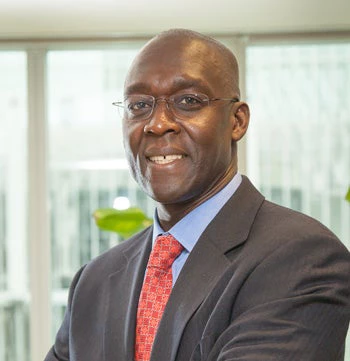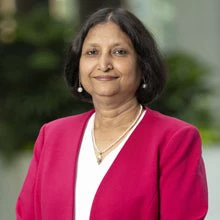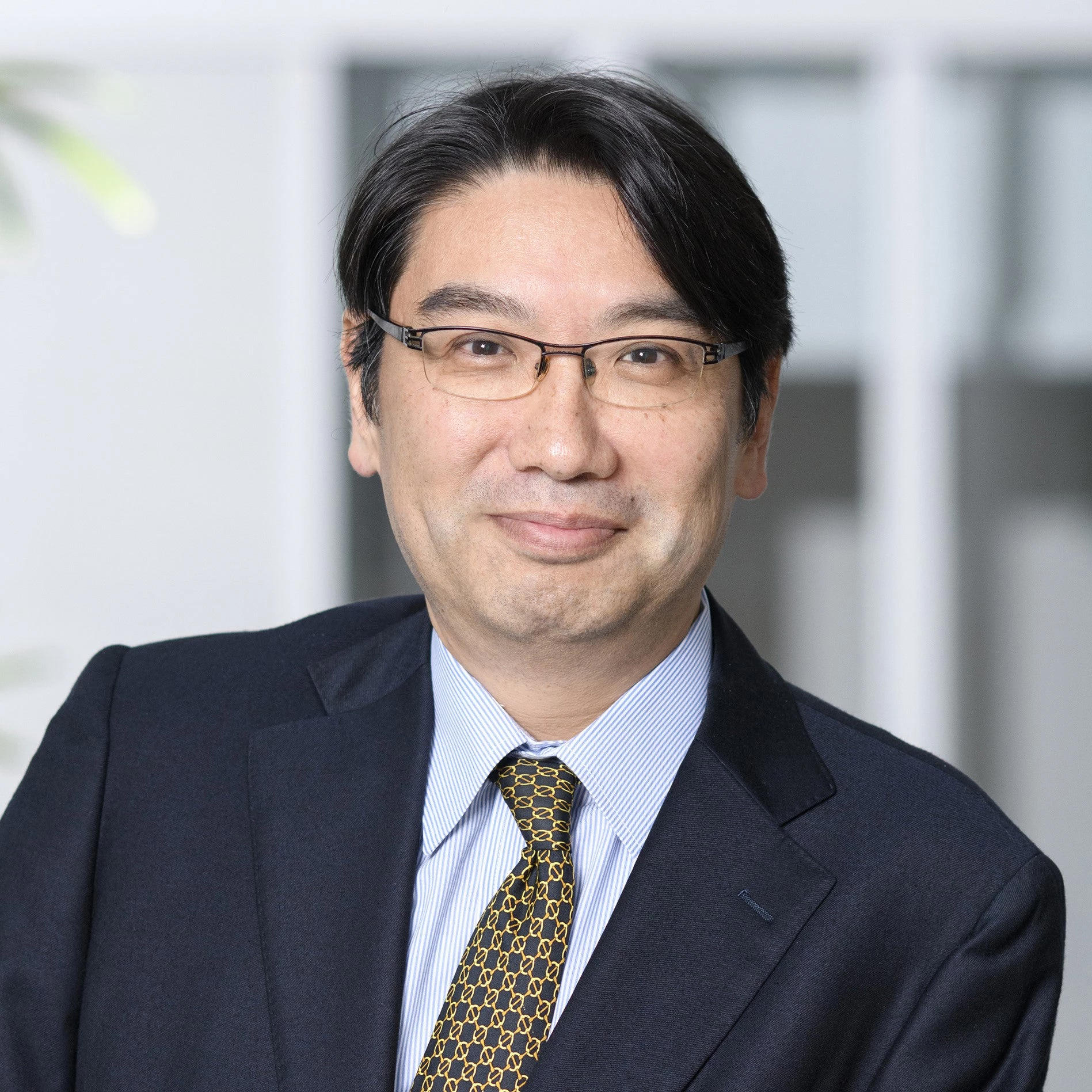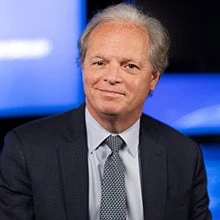 Photo credit: Jason Florio/World Bank.
Photo credit: Jason Florio/World Bank.
Gender equality is an urgent imperative. Crises, conflict, and global trends, including climate change, natural resource scarcity, and technological transitions, are exacerbating inequalities. In many societies, reversals and backlash against gender equality as well as sluggish economic growth and government fiscal and debt burdens are compounding the challenges. Progress on Sustainable Development Goal 5 on gender equality is worryingly off-track and by some estimates it will take 134 years for women and men to reach parity in income and legal rights.
We cannot accept this.
At the World Bank Group, we are raising our ambition to help achieve gender equality. Our new Gender Strategy for 2024-2030 commits us to building the foundational well-being of women, to expanding economic opportunities for all, and engaging women as leaders—pillars that will help accelerate gender equality to end poverty on a livable planet.
This strategy was developed through detailed consultations with stakeholders from more than 100 countries. It builds on global research and operational experience, spanning a decade of gender and development reviews, and institutional and thematic retrospectives. As we implement the strategy, we will focus on replicating solutions at scale and keeping ourselves accountable to measurable progress.
This is why the strategy proposes to use the combined strengths, resources, and expertise of the World Bank, International Finance Corporation, and Multilateral Investment Guarantee Agency. This is why, in implementing the strategy, we will emphasize three critical drivers of change: innovation, financing, and collective action.
Innovation includes supporting institutional and policy reforms and programs that address gender constraints based on data, evidence, technology, and behavioral insights, among others, as well as learning from and refining local approaches.
Financing includes securing and allocating resources towards gender equality outcomes that also help build prosperity and a livable planet, with a focus on replicating successful public and private programs at scale.
Collective action means enlisting the concerted efforts—through data, knowledge, and advocacy—of stakeholders and partners.
The new strategy centers on three strategic objectives with outcomes that will be measured and tracked as part of the new World Bank Group scorecard.
First, build foundational well-being.
This requires ending gender-based violence and elevating human capital. We are appalled by the extent of gender-based violence, which affects one in three women worldwide—or about three-quarters of a billion women. The new gender strategy is putting the fight against gender-based violence center stage. The impact of this violence extends far beyond individual survivors, affecting the productivity and well-being of families and communities, often across generations. Ending gender-based violence will protect individuals and lay the foundation for healthier, more productive societies.
Human capital is our most valuable resource, but access to quality education, health, and other social services is unevenly distributed and, as a result, leaves many people behind. Therefore, building and protecting human capital requires strengthening access to education, investing in health services, including sexual and reproductive health, and helping people build and access the skills that will allow all girls and boys to realize their full potential.
Second, expand and enable economic opportunities for all.
Even though more young women are attaining higher levels of education, women still are only half as likely as men to have a full-time wage job. More concerted efforts are needed to ensure that all people can access more and better quality jobs, and for women to have ownership and use of economic assets, including capital, and greater financial independence. World Bank Group financing, guarantees, and technical support will be expanded to leverage public and private sector efforts that address constraints, including issues of care (childcare and other care) and lack of financial and digital inclusion, to create economic opportunities for women.
Finally, engage women as leaders.
This will help contribute to the resolution of global challenges as well as promote gender equality. When women thrive, the world thrives: households, communities, businesses, and countries. There is mounting evidence that the participation of women as leaders and decision makers improves development outcomes, including food security, natural resource management, community resilience, and service delivery. Through partnerships, we are working to expand our efforts and track progress.
Scaling solutions to accelerate equality for all and improving the lives of women and girls, men and boys, is embedded in our drive to become a better bank. This strategy is a call for action, both for the World Bank Group—in our work and in how we run as an organization—and for the world.
We can no longer afford to marginalize the talents of half of humanity. We invite you to continue to partner with us to accelerate gender equality to end poverty on a livable planet.







Join the Conversation